

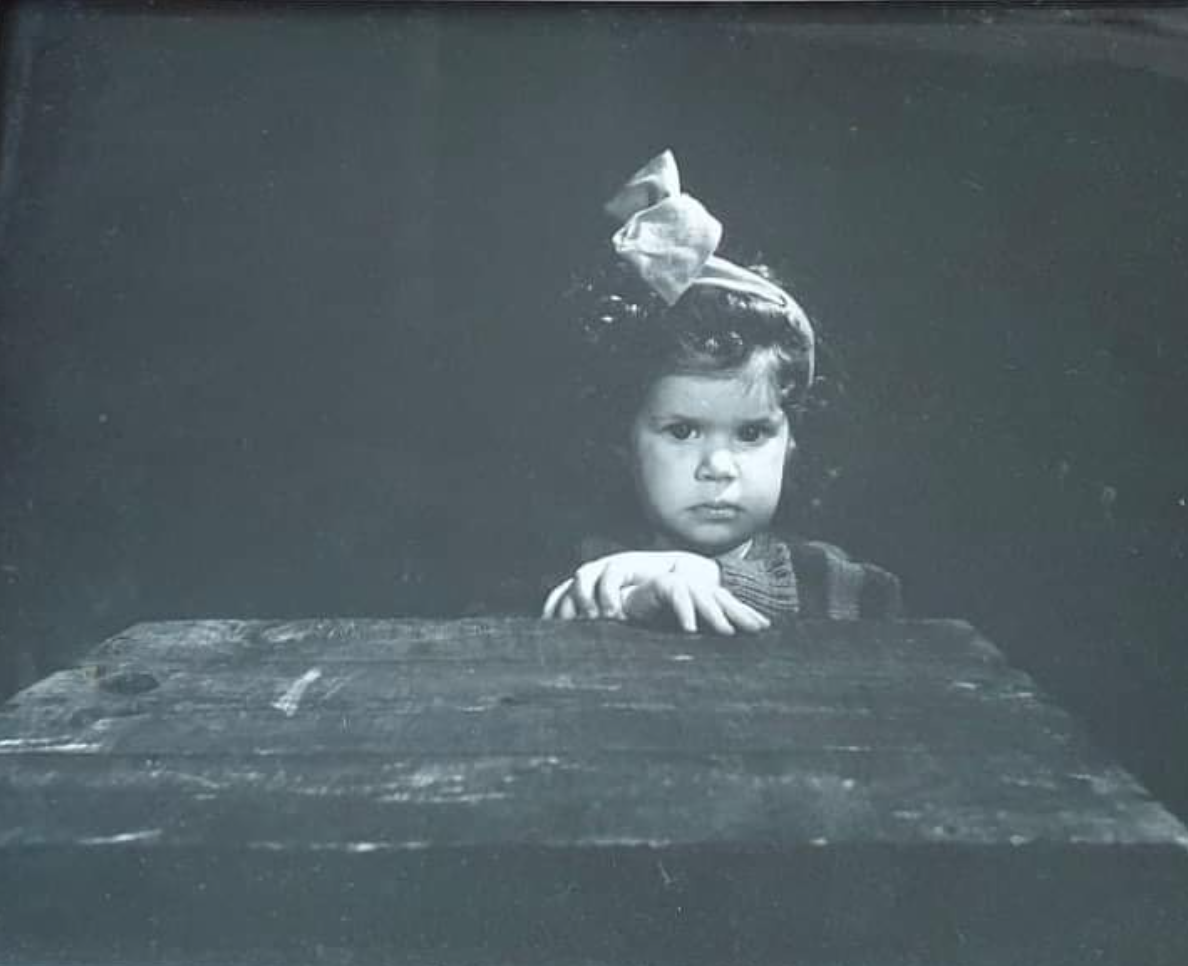
has been hanging with body practices since childhood, from Tapdancing to Ballet or Shiatsu. While studying Choreography in Amsterdam (SNDO), she created «Friends with Benefits», a platform exploring the notions of affective labour and friendship in the artistic sectors. Besides, she worked as a dramaturg or performer with artists such as Oneka Von Schrader, Danae Theodoridou, Jija Sohn, Andrea Zavala Folache, Mercedes Dassy and Netti Nüganen. She is working a lot in collaboration with ISAC choreography department as teacher and mentor, in which she has been developing pedagogical tools and more specifically, feedback methodologies and reflections around the artistic practice of the students/artist.
Beside the artistic co-direction of Bâtard Festival (Brussels) with Bouchra Lamsyeh, she currently works as the artistic coordinator of HIROS.
.━☆・*。
・゜
°。+ * 。
.・゜
゜
[email protected]
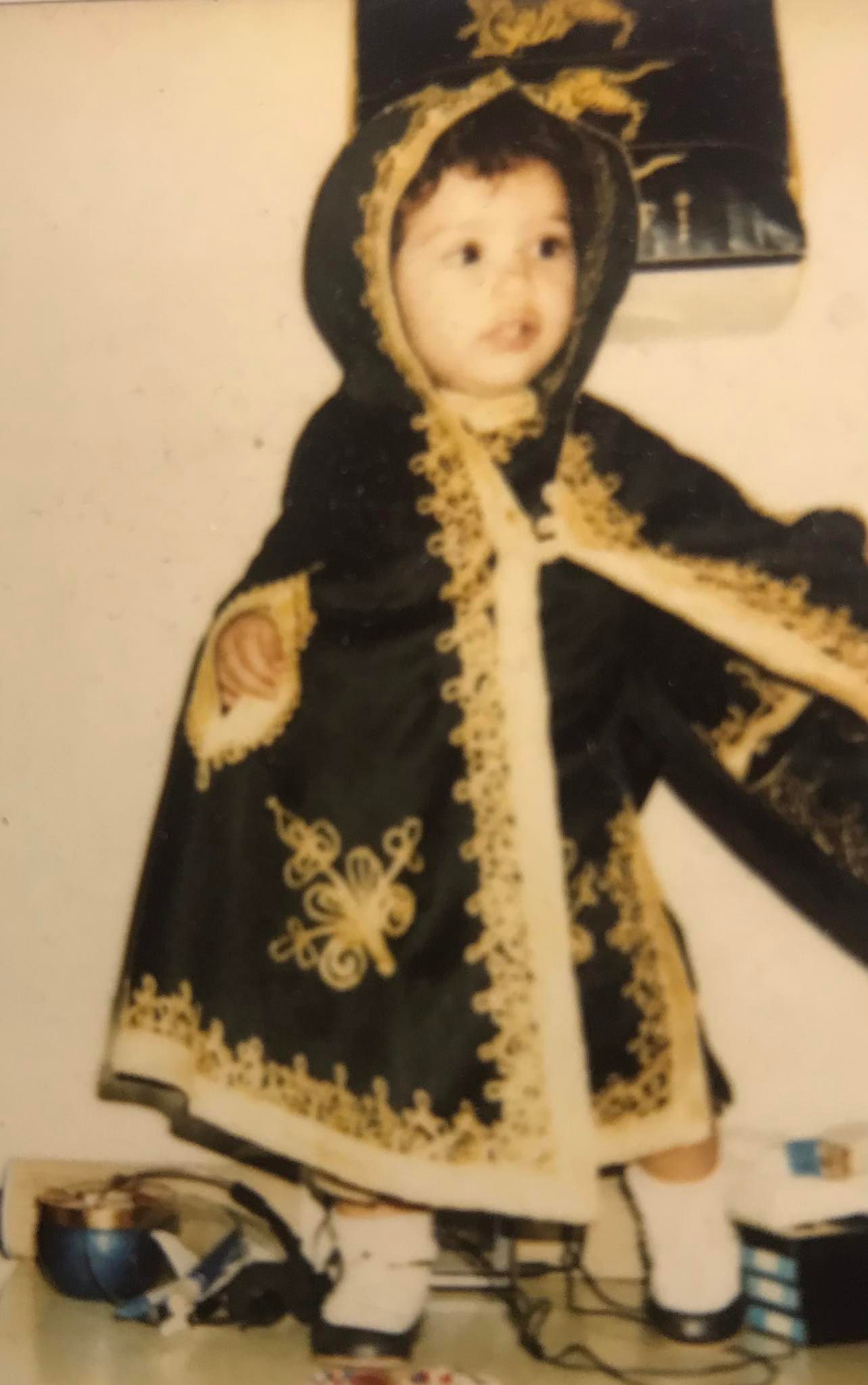
Is a multidisciplinary artist and curator. She holds a Master in International public law (Université Paris VIII) and geopolitics (Institut Français de Géopolitique).
Throughout the years, she collaborated with severals artists on projects with a strong societal impact requisitioning the access to artistic approaches (Manue Nicot, Max Waub, Hana Miletić, Jozef Wouters, Laïla Amezian, Esraa Warda, Laura Nsengiyumva, Aline Yasmin & Alex Cepile, Sirah Foighel Brutmann and Eitan Efrat
). Since 2019, she is co-directing the artistic programme of Bâtard Festival with Sabine Cmelniski. She is currently working on a cultural program at the intersection of mental health and social justice together with Johanna Couvée called There is Nothing Wrong with People at Kaaitheater.
゜。゚゚・。・゚゚。
゚。 。゚
゚・。・゚
[email protected]
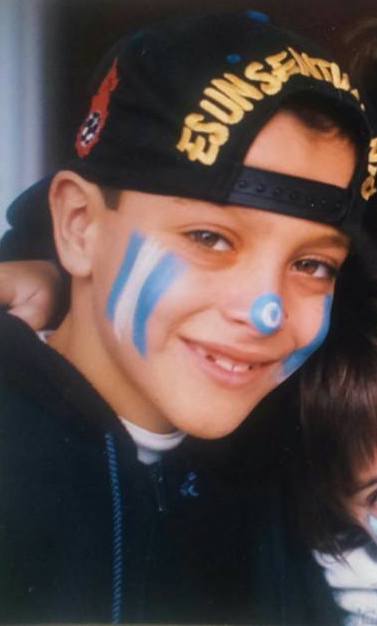
is an Argentinian writer and cultural worker based in Brussels. He studied Latin American History at the University of Buenos Aires and later obtained a PhD in Literature and Cultural Studies at KU Leuven. His work focuses on queer identity, imagination and fiction, affects, collective action and performance. Among others, he is the author of the short novel Scalabritney (Entropía, 2015) and the prized poetry book Del Principe Azul al Hombre invisible en una semana (EMR, 2018), and a collaborating artist in the collective The Place Where Clouds Are Formed, organising exhibitions in the US and Mexico to reflect upon borders, migration and belonging. He is interested in writing and cultural work as a way of creating and sharing knowledge in an alternative way.
━☆・*。
・゜
°。+ * 。
.・゚゚。
。゚
゚・。・゚
[email protected]
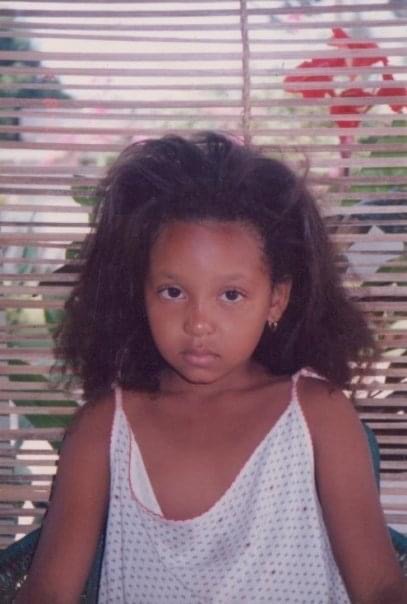
was born in Nigeria and grew up around Africa in a culture-savvy family. She studied Communication/PR ( EFAP Lyon ) in France and moved to Brussels to pursue a Masters degree in Cultural Management ( Université Libre de Bruxelles). Since then she gained extensive experience in communication, human resources, management and music production working for Le Botanique, Vk/De Vaartkapoen and HIM Dub Festival in Portugal. Multitasker at heart, she recently joined the team as the administrative and financial coordinator of this year’s Bâtard festival.
・゜
°。+ * 。
.・゜
゜
゚・。・゚
[email protected]
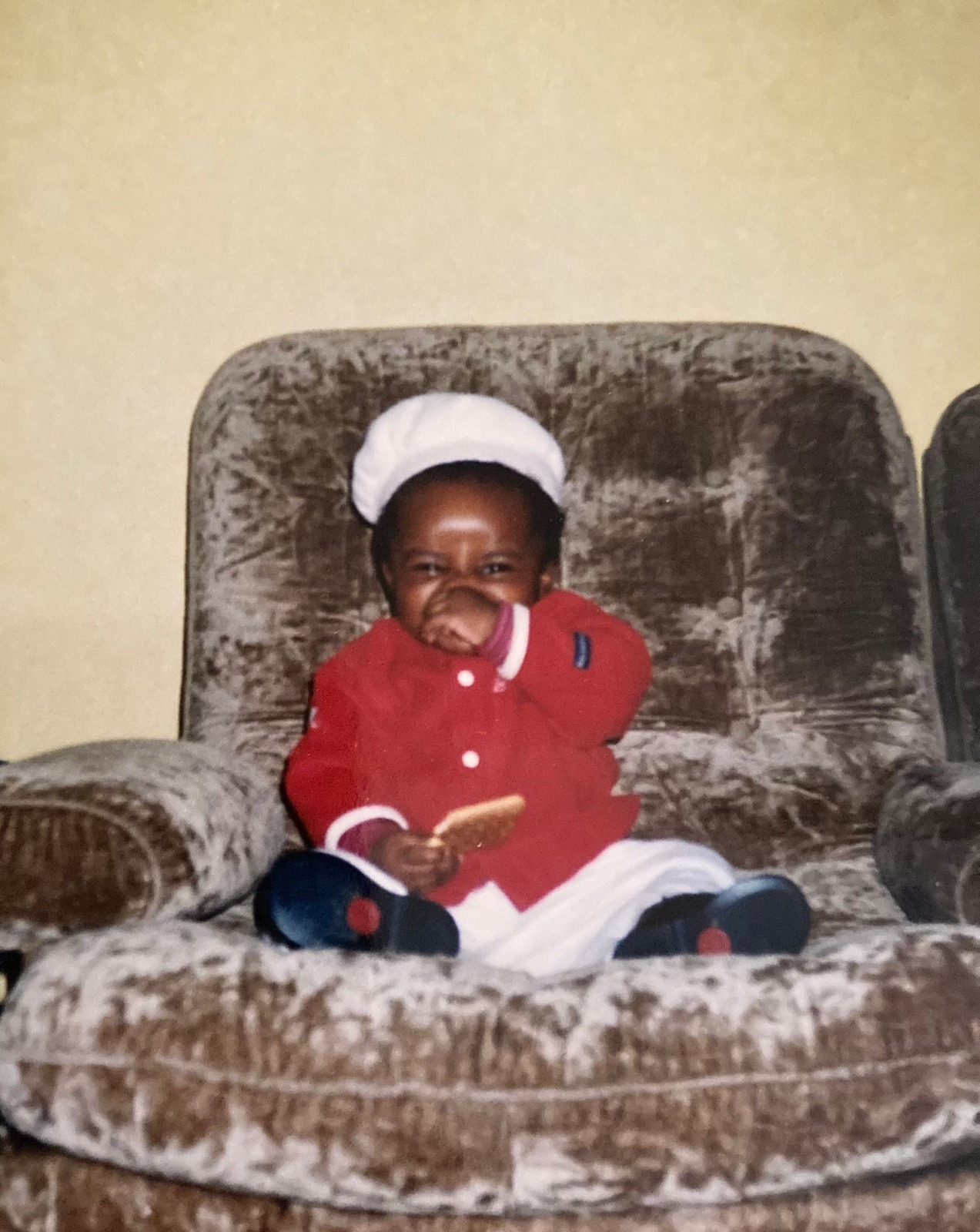
is a multi-faceted culture enthusiast and ISFSC communications graduate, whose background in theater has cultivated a deep love of art and culture. Alongside her studies, where she also acquired event management skills, she was actively involved in organizing and promoting events with Decoratelier and Black History Month Belgium. Her time working at Beursschouwburg, Kunstenfestivaldesarts and La Bellone have solidified her desire to pursue a career in this field. Beyond the stage, she crafts jewelry and harmonizes melodies, but above all, she thrives at the heart of Brussels' cultural life.
[email protected]
━☆・*。
・゜
°。+ * 。
.・゜
゜。゚゚・。・゚゚。
゚。 。゚
゚・。・゚
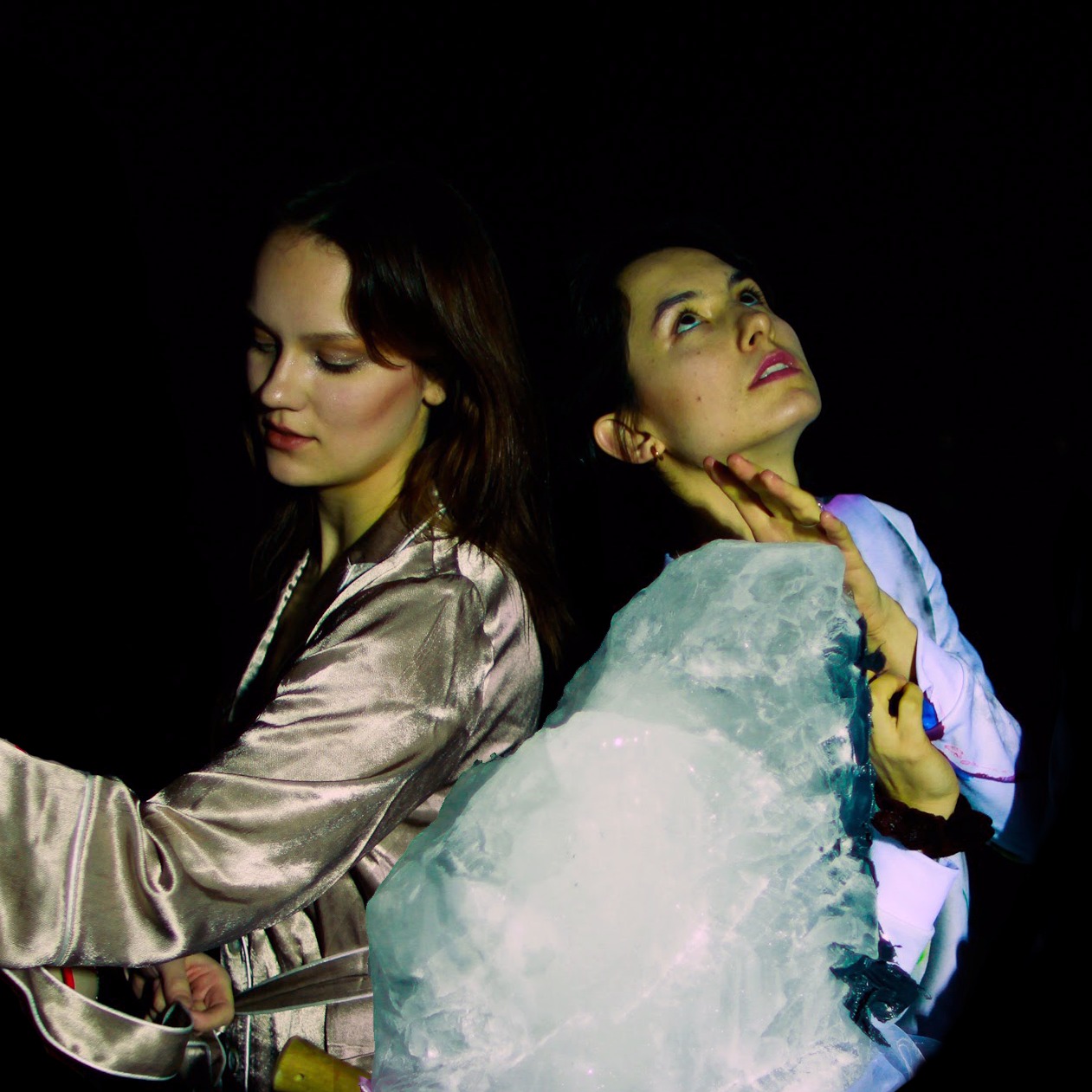
join forces again, this time not only on stage but also on the web, on the prints and on your senses...☆・*。
━☆・*。
・゜
°。+ * 。
.・゜
゜。゚゚・。・゚゚。
゚。 。゚
゚・。・゚
[email protected]
━☆・*。 ・゜ °。+ * 。 .・゜ ゜。゚゚・。・゚゚。 ゚。 。゚ ゚・。・゚
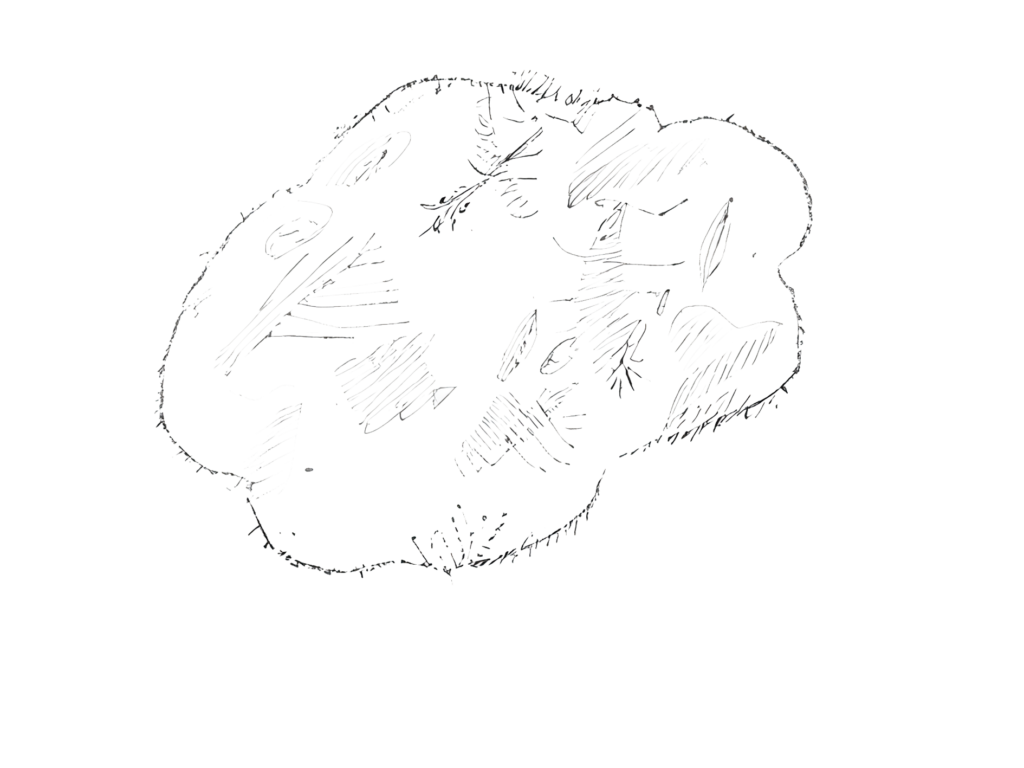
part 2 · magic sells · Performing Arts Festival · Brussels · Bâtard 2023 ©
The show on the first evening (15th April) is a separatistic evening for people of the global majority/BIPOC. So please only book that evening if you identify with those terms. The show on the 16th of April is open for all. ---- We, Adam and Amina Seid Tahir, see how the terms BIPOC and people of color are less fortunate in their attempts of combating white supremacist andimperialistic ideologies, since they form in relation to whiteness (those ”not of color”) and therefore keeps whiteness as the norm. We rather use the term people of the global majority since we aren’t interested in identifying in relation to whiteness or white supremacy. ---- The term Global Majority was coined by Rosemary Campbell-Stephens. ”Global Majority refers to people who are Black, Asian, Brown, dual-heritage, indigenous to the global south, and or have been racialised as 'ethnic minorities’.” 1 This term was created for people of the global majority to not have to identify in relation to whiteness and to emphasize the fact that these groups make up the majority of the world’s population, specifically 80%. ---- The reason for choosing to use the term BIPOC despite this, is because we’re aware that the term people of the global majority hasn’t received as widespread attention yet. And since our main goal for this showing is to welcome our siblings from the global majority for a showing without the presence of a white colonial gaze, we choose to use the term that seems to be most commonly used in this festivals locality. ---- 1. Global Majority; Decolonising the language and Reframing the Conversation about Race” by Rosemary Campbell-Stephens, 2020